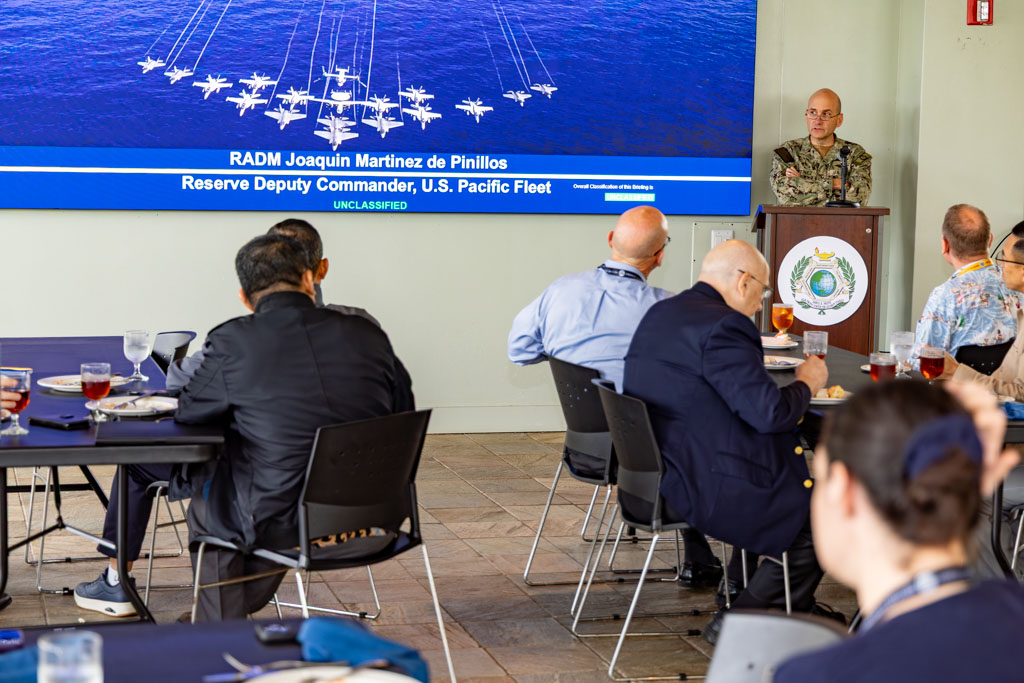Security Nexus Perspective: Proximity, Perception, and Pushback in South Asia
Launched in 2014, India’s Neighborhood First policy sought to stabilize South Asia through proximity and engagement. In this Security Nexus Perspective, DK APCSS Professor Shyam Tekwani argues that recurring “India Out” protests are not ideological rejections of cooperation but reflexive responses to proximity itself, shaped by historical memory, asymmetry, and media amplification. Drawing on cases from Bangladesh, the Maldives, Nepal, and Sri Lanka, the essay shows how India’s structural presence can generate unease that media narratives rapidly convert into external blame.















